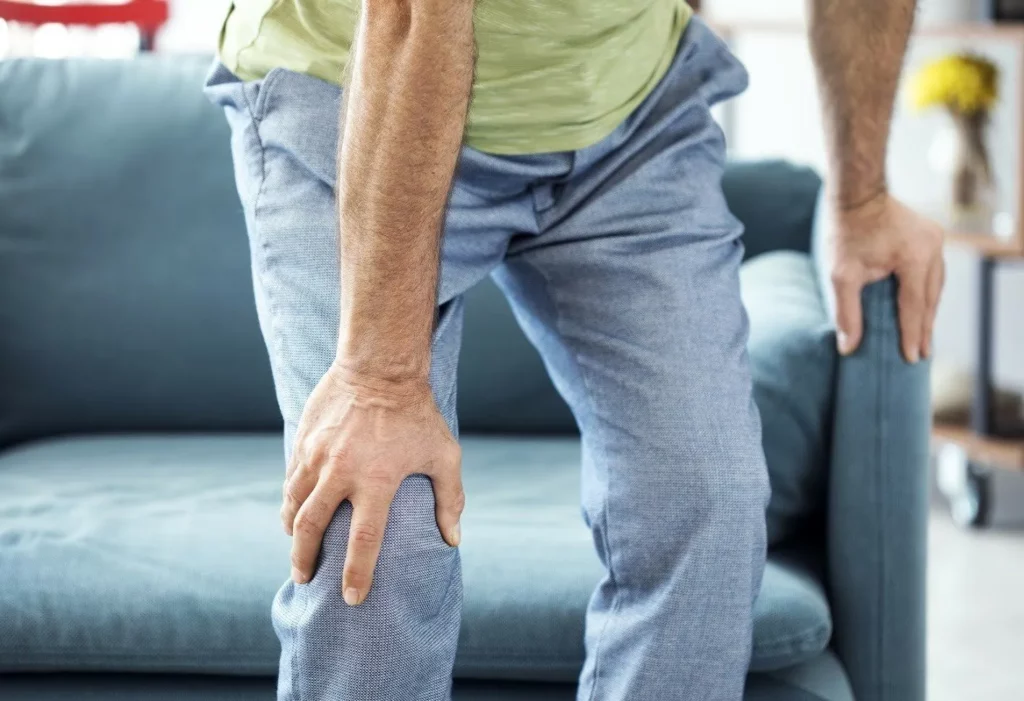Excellence in Rheumatology Care since 1977. Accepting New Patients
Aug 20, 2019
The discomfort, stiffness, swelling, and range of motion issues associated with arthritis can make everyday tasks tricky. Unfortunately, when the yearly family vacation or a second honeymoon with your spouse comes around, arthritis symptoms can make travel seem impossible. Luckily, you can prepare for your travels and care for yourself at your destination in ways that will ensure arthritis doesn’t ruin the getaway.
Follow these simple tips to ensure arthritis doesn’t ruin your next vacation.
Talk to Your Doctor
Visit your doctor to determine your limitations, obtain any new prescriptions, and get some tips to help you travel with greater ease. For example, if your arthritis is mild, your doctor may place no travel restrictions. However, for more severe cases or if your arthritis requires specialized treatments and frequent doctor visits, your physician may recommend you stick closer to home.
Ask about any vaccination required for travel overseas, especially if you have rheumatoid arthritis. Certain medications used to treat rheumatoid arthritis can weaken the body’s immune system.
Make Travel Arrangements With Your Arthritis in Mind
Arthritis symptoms can make walking long distances difficult. Keep these restrictions in mind when you make travel plans. For example, consider flying during a weekday, as the airports are usually less congested. Shorter lines and empty airports allow you to get to the gate more quickly.
Contact the airline and ask if they offer any services to people with chronic illnesses, including access to a wheelchair or the ability to pre-board the plane. Secure an aisle seat or upgrade your seat to ensure you have plenty of leg room.
Book a hotel, inn, or motel that is near the local attractions and offers the necessary amenities to ensure your comfort. For example, book a property with a refrigerator for any medications that must be kept cold. Choose a hotel with a hot tub, pool, or exercise room that will allow you to ease your aches and pains.
Pack Correctly
Store any medications you will need for the trip in a carry-on. Bring along a bottle of water and a snack to ensure you are able to keep your medication schedule and routine. In your carry-on bag or purse, you should also pack a neck pillow, heat wrap, cold pack, and topical arthritis cream to ease any aches that occur while traveling.
You should store other items in your checked luggage to ensure your trip is as comfortable as possible, such as:
Pack a comfortable pair of walking shoes. Especially if you have rheumatoid arthritis, you should also pack a hat and sunscreen. Some medications used to treat rheumatoid arthritis can increase patient’s photo sensitivity and you want to be prepared.
Avoid Discomfort While Sitting for Extended Periods
Never remain in the same position for long periods of time when you travel with arthritis. If you are on an airplane, get up and walk down the aisle or perform leg stretches in your seat. If you are traveling by car, schedule frequent stops at places where you can get up and walk around, such as rest stops or shopping malls.
Ask your doctor to recommend simple exercises that will help prevent discomfort and swelling. Your doctor might recommend extending your toes and rotating your feet or tensing and relaxing the muscles in your legs, feet, or hands.
Take the necessary steps before and during your vacation to ensure arthritis doesn’t ruin the experience. Contact the professionals at Sarasota Arthritis Center with any additional questions or concerns you may have.

3 Fundamental Points for Understanding Bursitis
If you have swollen and painful joints, you could be suffering from bursitis. This condition occurs when bursa sacs become inflamed.

4 Things Menopausal Women Should Know About Osteoporosis
Menopause brings about many changes in a woman's body. One such change women experience is a decrease in the production of estrogen.

4 Common Causes of Osteoporosis
Osteoporosis causes weak bones that have a high risk of fracture. It often affects the spine and hips, but any bone suffers from osteoporosis.



We are able to see patients by appointment only. If you need to cancel an appointment, please contact our office at least 24 hours in advance. To expedite the check-in process prior to your appointment, please complete the pre-registration paperwork that will be emailed and texted to you through Phreesia. Please bring your insurance cards, method of payment, and identification with you to every appointment.